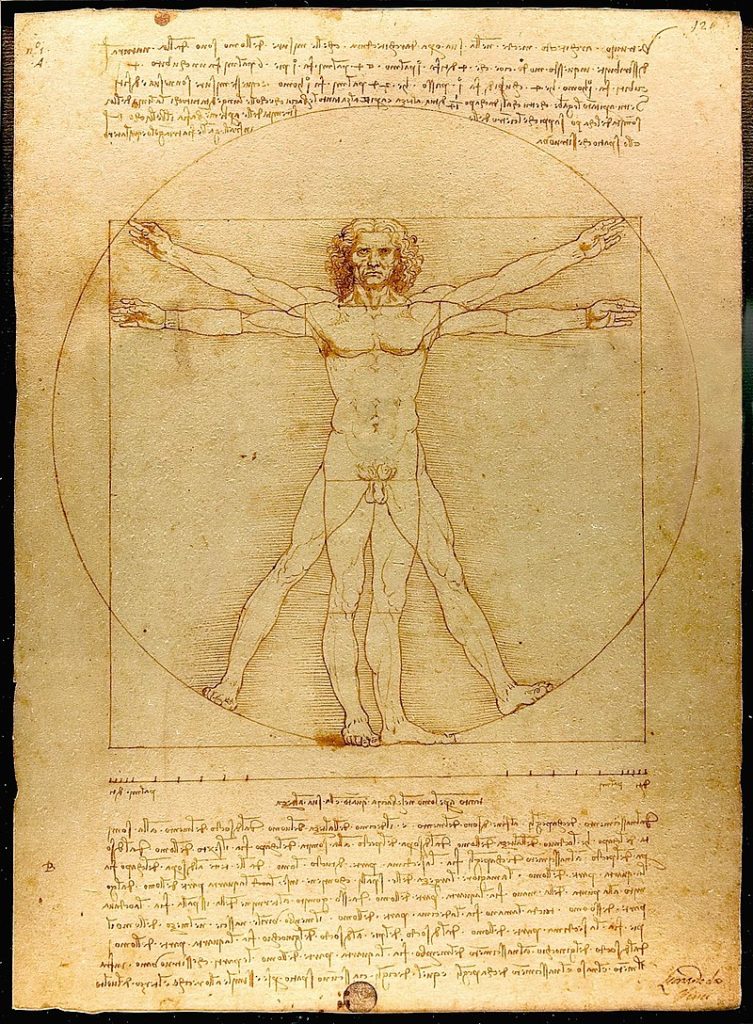Spanish novelist Miguel de Cervantes (1547-1616) is credited with saying that ‘a proverb is a short sentence based on long experience’. Proverbs are often centuries old, providing us with global wisdom’s that have remained relevant throughout time.
“The best of men are but men at best.”
In 1680, John Aubrey referred to this proverb in his collection of biographies entitled ‘Brief Lives’. He said “I remember one sayeing of generall Lambert’s, that ‘the best of men are but men at best'”. The General Lambert referred to in this quote is the Parliamentarian commander John Lambert (1619-1683), who fought during the English Civil War.
When we find someone to admire, we tend to hold on to them with both hands.
We put them on a pedestal and gaze at them starry-eyed. It is always a disappointment therefore, when inevitability, they fall short of our expectations. The truth is, that no matter how complete someone seems, they will present as inadequate in some area. This can be earth shattering when we’re looking on as a devotee. We now see that this person is only human, with their own set of weaknesses and shortcomings. Their light dims, and we no longer get any sense of the divine when we look at them. We’re missing a trick however, by allowing these deficiencies to ruin any admiration we had for them.
The trick is this: we are worthy of admiration because of being human, and in spite of it.
We are capable of greatness because we are human. We are capable of complete failure and more than that, complete destruction, because we are human. The fact that these two potentials coexist within us, is even more of a reason to admire the good in someone. A person’s inadequacies or the fact that they are capable of weakness and failure should highlight their achievements and strengths, not reduce them. The fact that a pitfall exists should be more of a reason to celebrate success.
The existence of strength amid weakness is cause for celebration. We need to remember that when it comes to others and also ourselves.




